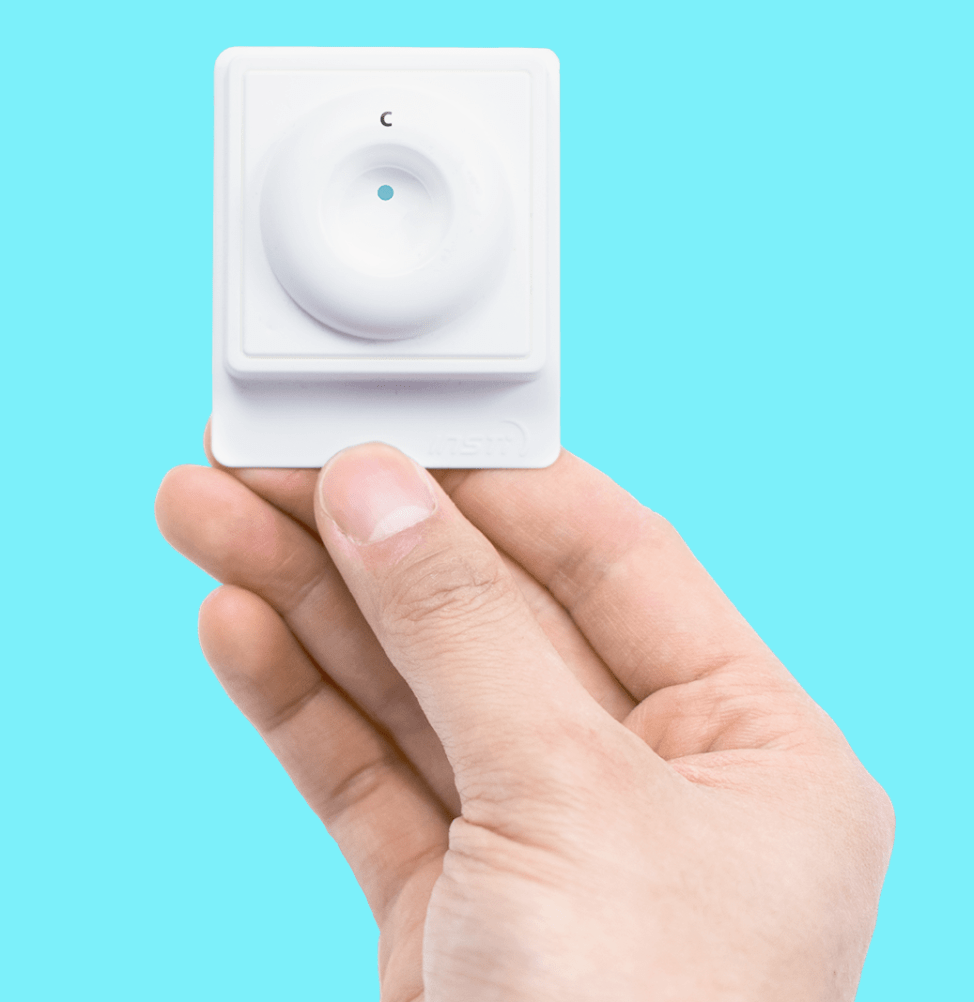Project makes HIV testing easier
Of the people living in Canada with HIV, an estimated 14 per cent don’t know they have it.
A new cross-country partnership is aiming to change that.
I’m Ready to Know is a national project focused on implementing, scaling-up, and evaluating low-barrier options for access to HIV self-testing.
Antonio Bavaro, peer navigator with the I’m Ready, Talk program, explains the project aims to reach undiagnosed people and provide choices about any care needed. In fact, the I’m Ready research program is distributing 50,000 free HIV self-testing kits across the nation. “Through this research project, we’re providing all Canadians with free access to three at-home, rapid tests to screen for HIV,” says Bavaro.
Reach Nexus and Unity Health, part of St Michael’s Hospital in Toronto, are working together to bring this innovative technology to all Canadians.
“Community Based Research Centre is one of several organizations involved in the rollout of the program which launched on May 18. Although the CBRC is based in Vancouver, Edmonton Men’s Health Collective and their Peer-N-Peer program operate under their rainbow umbrella,” says Bavaro.
While the testing service is available to all Canadians, the project is putting extra focus on connecting with marginalized communities.
“This is an avenue to introduce people with systemic barriers to services to the supports that are available so we can take an active role in trying to work with these populations more directly and shrink this gap in health care equity,” says Bavaro.
Access to treatment and counselling, the first point of access for community care, is usually through the STI/AIDS test. Because of this, they want to focus on people who are proven to be facing additional barriers to care. This includes newcomers to Canada, Indigenous people, LGBTQ2S+, and people who are living with disabilities or struggling with poverty. They might not know exactly what supports they can access.
This way, the test serves two purposes: know if you are HIV positive, and receive supports regardless of the test results.
Through the I’m Ready app, clients can book an appointment either on the phone, face to face, or via video chat. They can also skip the intake process and call the program directly if they don’t want to fill out the survey that compiles the research data.
“Your privacy is protected and all this information will be destroyed when the research is complete,” said Bavaro.
Stigma and privacy concerns are real barriers to people from all walks of life and class levels getting tested.
Kamoi Lyngo, a cultural navigator with the REACH Immigrant and Refugee Initiative, has seen access to home testing make a real difference.
“I worked with a team that did remote testing back home in Jamaica and it was very effective,” says Lyngo. “As a navigator primarily serving the newcomer LGBTQ community, I provide support to my community and do referrals to the STI clinic here in Edmonton.”
“People will often ask if there is an option to do it more privately because they are afraid of being seen at the clinic, but previously this was not an option. I can personally see this being positively received by the community.”
Bavaro says every effort to overcome systemic barriers to testing and care has been made.
“Anyone with an address or P.O box can receive these discrete kits. If you don’t have either of these, you can pick up a kit in person at one of our partner organizations.” More information about the program can be found at readytoknow.ca, or visit readytoknow.ca/ready-get-a-kit/pickup-locations for pickup locations.







